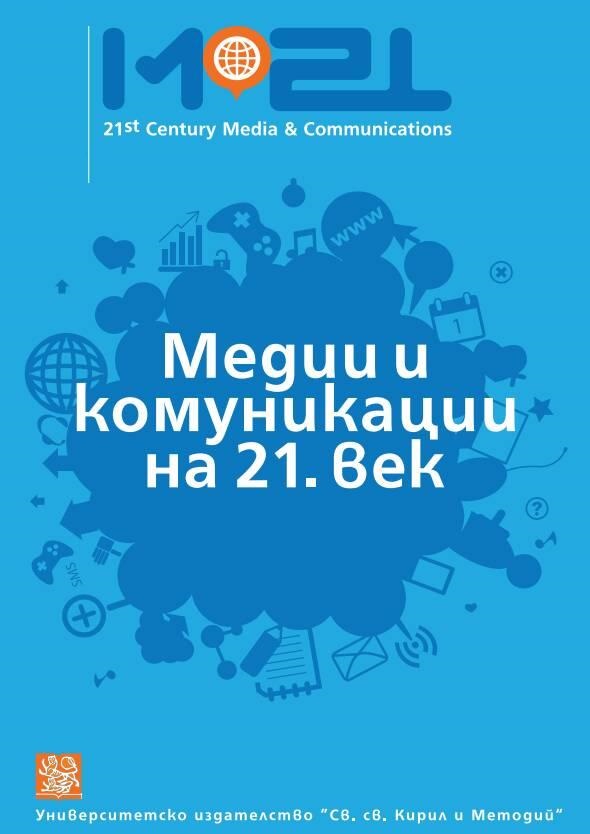Миграционный кризис в Европе в польском медиадискурсе: беспокойство, страх и гнев
The European Migration Crisis in Polish Media Discourse: Concern, Fear and Anger
Author(s): Żak WaldemarSubject(s): Social Sciences, Media studies, Communication studies, Theory of Communication
Published by: Великотърновски университет „Св. св. Кирил и Методий”
Keywords: migration crisis; refugee image; Polish mass media; media discourse; anti-refugee narrative; language of persuasion and manipulation; moral panic
Summary/Abstract: Migration is an objective process that promotes the global development and integration. At the same time, migration contains a lot of contradictions, the chief being the problem of social inclusion of one group and exclusion of another. Thus, migration is a process that has a strong potential for conflict. Modern mass media play a key role in this migration process. Media construct images of social groups and thus influence the formation of tolerant or intolerant attitudes in the society. In the media discourse, we can observe the cyclic arousing of the atmosphere of increased social anxiety and the focus of media attention on events defined as significant social problems. There are two discourse models of the migration process in mass media: the model of migration crisis (subjects of discourse are locals, journalists and authorities) and the model of pragmatic tolerance (subjects of discourse are employers and authorities). The article presents an analysis of the media discourse regarding the refugee crisis in terms of the structure of arguments and narratives of the parties involved in the media discussion. The aim of this article is to reconstruct the debate strategies appearing in the Polish media discourse concerning the problem of migration. The migration crisis of 2015 in Europe, and the accompanying media panic, have drastically changed the prevailing image of refugees among Polish people from stable positive to clearly negative. The Polish weekly magazines covers were analysed. This procedure enabled to recognise the argumentative strategies which had been applied in researched weekly magazines and to describe the differences between them when it comes to developing the migration problem. Extreme opinions are clearly seen particularly in Polish weekly magazines a cyberspace. Analyses of the „key moments” in the media discourse (fear, cursory knowledge of the foreign culture, emotionality, unreliable press reports, aggression towards Europeans, statements of politicians) facilitated the recreation of the phenomenon of media’s creating social fear around the subject of the migration crisis, and pointed to the nature of its irrationality, characteristic of moral panic. In an attempt to answer the question whether the media reporting on the problem of immigration create an effect of “simulated reality,” the author refers to rhetorical aspects of constructing images with persuasive features.
Journal: Медии и комуникации на 21. век
- Issue Year: 4/2020
- Issue No: 1
- Page Range: 88-96
- Page Count: 9
- Language: Russian

